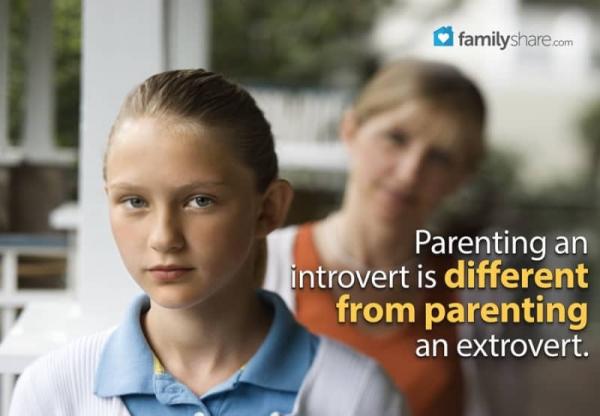
It's always amazing to me to see how siblings raised in the exact same way in the exact same household can have such different personalities. Wouldn't you think that the similarity of upbringing would make them more similar to each other? Not necessarily. As a parent, you'll have noticed that one child might thrive on attention and love spending time with friends, while another child prefers to have alone time and has only a few close friends. There's nothing wrong with either type of temperament, the first is simply an extrovert and the second an introvert.
Different concerns stem from parenting each type of child. Parents of introverts in particular may wonder if their child is socially well-balanced. To decide if your child is an introvert, consider the following definition provided by Milan and Kay Yerkovich, authors of "How We Love Our Kids: The 5 Love Styles of Parenting." They explain that introverts often "feel drained from a lot of interaction, ... have a strong internal processing preference and verbalize only necessary information, ... [and] are less likely than extroverts to share their feelings and reactions with casual acquaintances."� Introverts benefit from different parenting techniques than do extroverts. Here are a few tips for how you can help if you feel one of your children has an introverted personality.
Don't force your child out of his or her shell
Introverted children will often need transition time to adapt to changing events or circumstances. For instance, at a playground, an introverted child may hang around the edges observing rather than participating in the other children's play. Don't be impatient with the child's reticence. Allow time for adaptation and be positive and encouraging.
Give your child alone time
This is especially important if he or she shares a room with a sibling. According to Yerkovich, introverts "gain energy from private time and need space to be alone."� If they don't get that, they can become frustrated and anxious. Your introverted child should have someplace to go in the house to have quiet, alone time to regroup and recharge.
Teach your child to stand up for him or herself
Introverts will have difficulty standing up for themselves in social situations. Make sure if you have extroverted children in the house that they're not allowed to speak over the introverted child. Encourage your introvert to speak up when talking to friends, to maintain eye contact, and not to back down if a playmate attempts to ignore or dismiss the introvert's views.
Nurture your introvert's interests and passions
. Introverted children have a tendency to feel as though their interests are not as important as those of the extroverts who are very vocal and determined in their views. According to Susan Cain, author of the book "Quiet: The Power of Introverts in a World That Can't Stop Talking,"� introverted kids usually have the capacity to develop great passions. If you pay attention to what those passions are and then cultivate them, your introverted child could surprise you with their enthusiasm and aptitude for the subject.
Introverted children aren't socially stunted, they're just different. Take it from a born introvert; I was not harmed by a childhood of pursuing my own interests separate from that of my peers. I still had friends and spent time with other children, but I was just as capable of being happy by myself. Love your introverted children for who they are. Teach them not to feel bad about being shy, but rather to revel in being unique.

